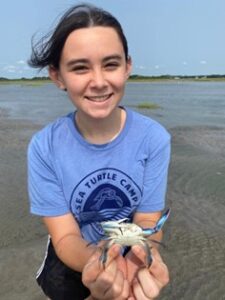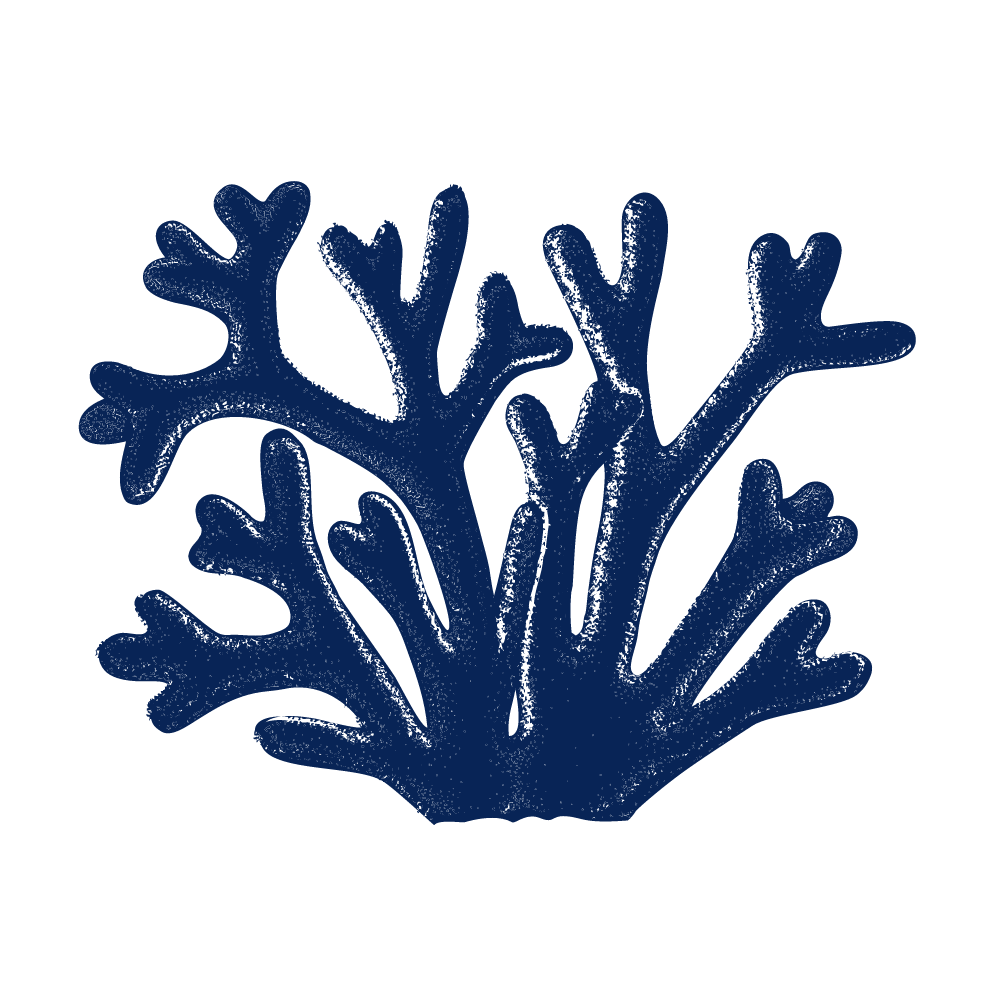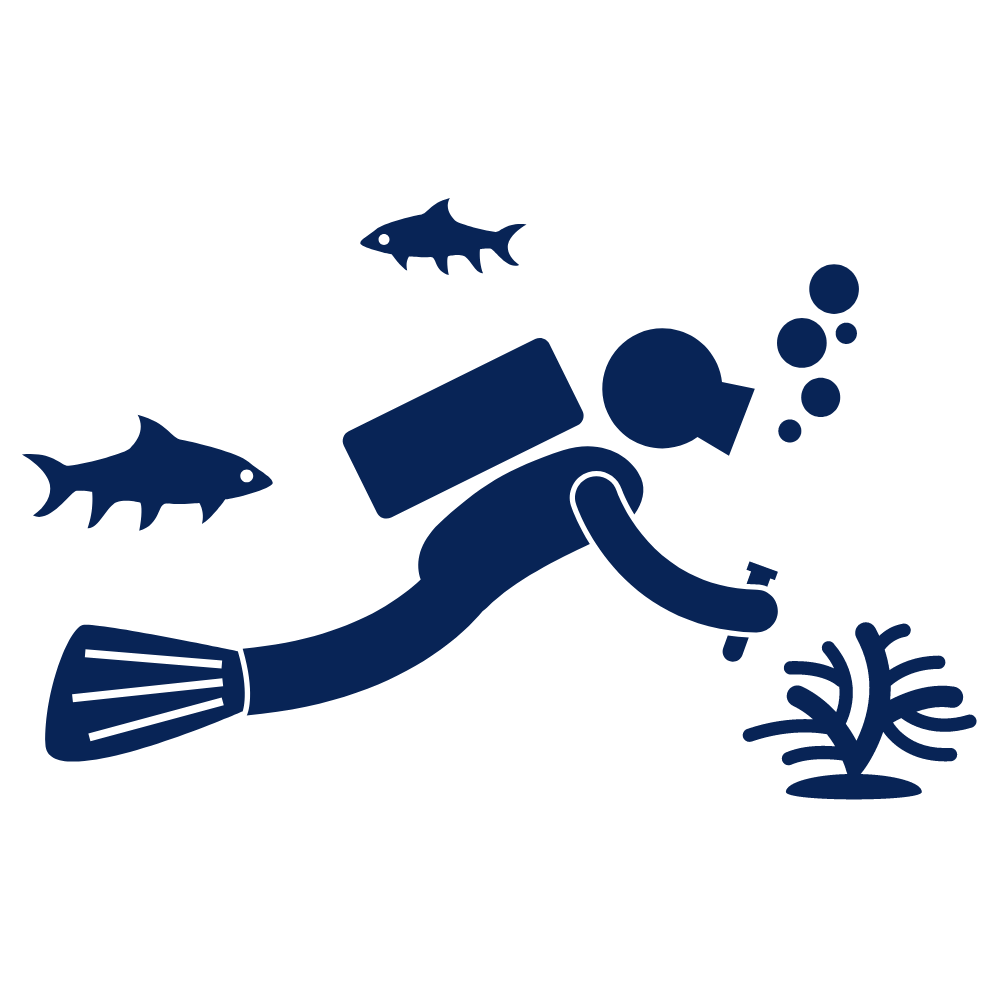Posted by Kasey | 10.03.2023 | Conservation, Marine Science, Sea Turtle Camp
Let’s Explore the Salt Marsh
 Do you like to eat shrimp? Crab? Fish? Oysters and clams?
Do you like to eat shrimp? Crab? Fish? Oysters and clams?
You can thank the beautiful salt marshes for each of those seafood treasures. Salt marshes are coastal wetlands that are continuously flooded by salt water through the tides. They are comprised of rich vegetation and mud made of organic plant breakdown. Though many animals do not spend their entire lives in the salt marsh, it acts as a critical nursery for these creatures and many others when they are juveniles. The grasses and mud provide camouflage and protection, it acts as a natural filtration system for water, and the diversity of species that utilize them is incredible. It is not just sea creatures either, many birds use the salt marsh for foraging and nesting. Occasionally, if you’re in the right spot, you may spot an alligator in one hunting for a snack!
water through the tides. They are comprised of rich vegetation and mud made of organic plant breakdown. Though many animals do not spend their entire lives in the salt marsh, it acts as a critical nursery for these creatures and many others when they are juveniles. The grasses and mud provide camouflage and protection, it acts as a natural filtration system for water, and the diversity of species that utilize them is incredible. It is not just sea creatures either, many birds use the salt marsh for foraging and nesting. Occasionally, if you’re in the right spot, you may spot an alligator in one hunting for a snack!
So, what makes them so great besides all of the cool critters you can find there? They also protect us against flooding by creating a natural buffer during storms. They reduce risks from rising flood waters and help protect businesses, homes, and other areas from damage. Salt marshes are also carbon dioxide sinks! What’s that? The salt marsh absorbs the carbon dioxide straight out of the air and has the ability to store it for years within its dense vegetation! This decreases the amount in the atmosphere counteracting climate change.
 Salt marshes offer a beautiful landscape for coastal North Carolina and many other places around the world. The diverse species found there are great tools for education, and we visit one each week of camp in Marine Biology Adventure and Immersion to explore. We catch crabs and small fish, and each species allows us to talk to youth about the differences and benefits of every animal and their role in the ecosystem. Next time you’re visiting the beach, check out a salt marsh close by and you won’t be disappointed.
Salt marshes offer a beautiful landscape for coastal North Carolina and many other places around the world. The diverse species found there are great tools for education, and we visit one each week of camp in Marine Biology Adventure and Immersion to explore. We catch crabs and small fish, and each species allows us to talk to youth about the differences and benefits of every animal and their role in the ecosystem. Next time you’re visiting the beach, check out a salt marsh close by and you won’t be disappointed.
– Michaela LeMay, Program Coordinator


 Marine Bio
Marine Bio SCUBA
SCUBA Travel
Travel School Groups
School Groups Sign Up
Sign Up CONTACT
CONTACT CAMPS
CAMPS ABOUT
ABOUT